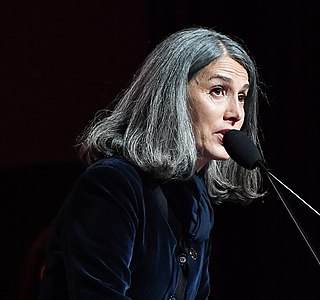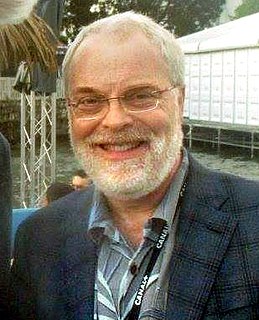A Quote by Christine Leunens
The themes that I explore, Taika Waititi also explores: how teaching children a sense of 'us and them' breeds a sense of superiority and dehumanises what one perceives as 'otherness'; and why this theme is relevant to today's rise in the far-Right, how children and youth are indoctrinated into extremism and terrorism.
Related Quotes
It is one of the paradoxes of parenting, and often a painful paradox, that even as our children need us for love and trust, they also need us for honest differing. It's not only over limits and rules...[but also] about what we represent in the way of culture, traditions, and values. We owe it to our children to let them know what we believe, and if they differ with us, we owe it to them to be honest adversaries, for it is through this honest confrontation that children can grow into adults who have a firm sense of their place in the sequence of the generations.
Amory Lovins says the primary design criteria he uses is the question How do we love all the children? Not just our children, not just the ones who look like us or who have resources, not just the human children but the young of birds and salmon and redwood trees. When we love all the children, when that love is truly sacred to us in the sense of being most important, then we have to take action in the world to enact that love. We are called to make the earth a place where all the children can thrive.
What's the difference? How can people be so inconsistent? Why is it that free immigration was a good thing before 1914 and free immigration is a bad thing today? Well, there is a sense in which that answer is right. There's a sense in which free immigration, in the same sense as we had it before 1914 is not possible today. Why not?
Since philosophy is the art which teaches us how to live, and since children need to learn it as much as we do at other ages, why do we not instruct them in it? .. But in truth I know nothing about the philosophy of education except this: that the greatest and the most important difficulty known to human learning seems to lie in that area which treats how to bring up children and how to educate them.
Wordsworth was right when he said that we trail clouds of glory as we come into the world, that we are born with a divine sense of perception. As we grow older, the world closes in on us, and we gradually lose the freshness of viewpoint that we had as children. That is why I think children should get to know this country while they are young.
Children need directing and teaching what is right in a kind, affectionate manner How often we see parents demand obedience, good behavior, kind words, pleasant looks, a sweet voice and a bright eye from a child or children when they themselves are full of bitterness and scolding! How inconsistent and unreasonable this is!







































